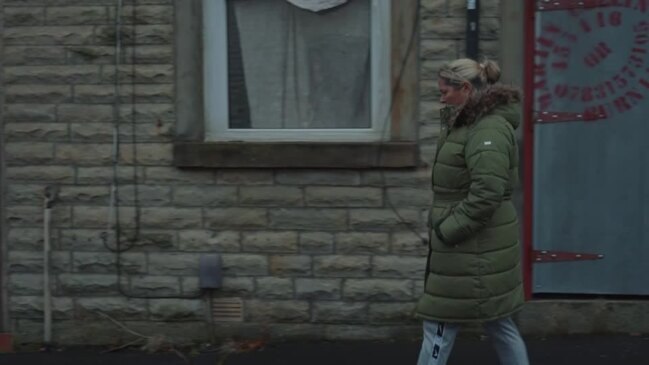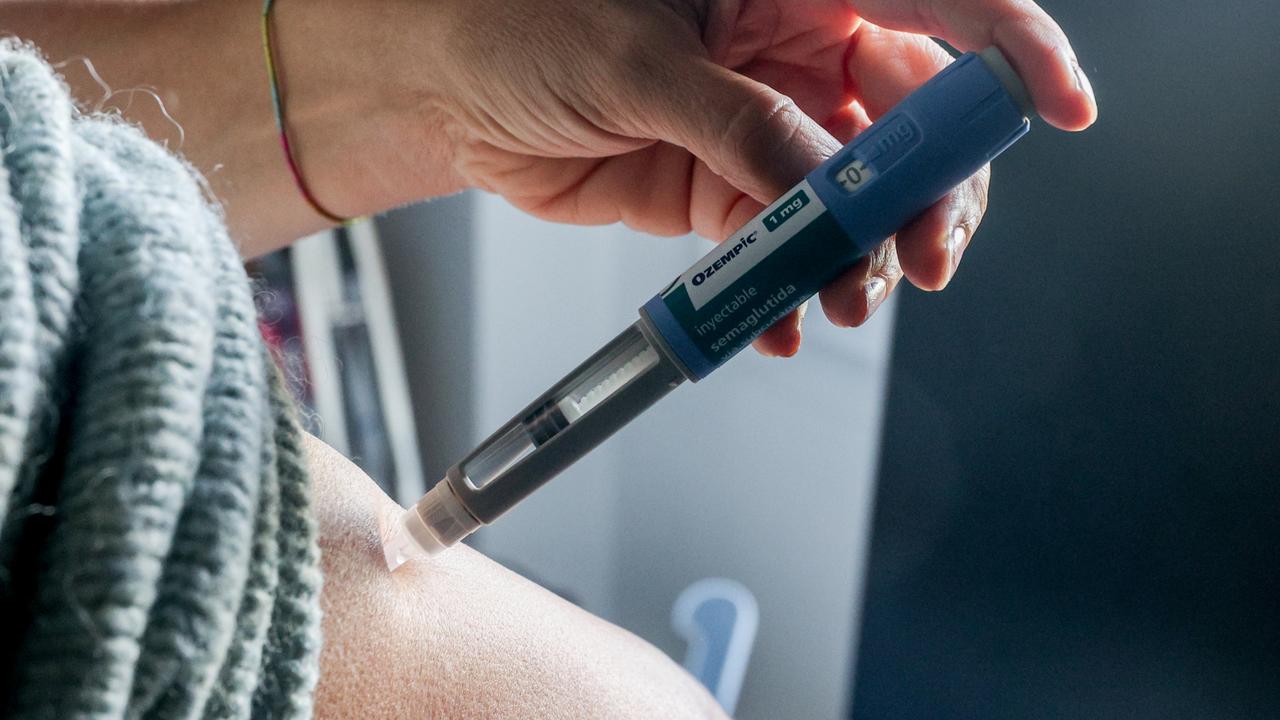Retirement costs: What you now need to retire comfortably
Many seniors are struggling with surging living costs but are partially protected by two Australian financial safety nets to handle price spikes.

National
Don't miss out on the headlines from National. Followed categories will be added to My News.
Soaring inflation has pushed up the cost of a comfortable retirement to more than $68,000 for a couple, but seniors in Australia are better placed than most elsewhere to handle price spikes.
A new report by the Association of Superannuation Funds of Australia (ASFA) says retirees in many countries are struggling without the safety nets of compulsory super and age pensions indexed to inflation.
ASFA’s new Retirement Standard shows retirees’ living costs rose “lock-step” with inflation during the September quarter, up 1.9 per cent, and are up 6.6 per cent annually for a couple – slightly lower than the official inflation figure of 7.3 per cent.
Retirees have escaped interest rate rise pressures because ASFA’s calculations assume they own their own home, but still faced fruit and vegetable pricing climbing 16.2 per cent in a year, fuel jumping 18 per cent and dairy products rising 12.1 per cent.
Those big cost increases have been offset by milder price rises elsewhere including pharmaceutical products climbing just 1.2 per cent in a year, water and sewerage rising 2.6 per cent, alcohol 3.2 per cent and transport fares up 2.4 per cent.
ASFA says a single 65-year-old now requires annual income of $48,266 to live comfortably and a couple needs $68,014. This is often achieved through a combination of super savings and the age pension, which pays up to $27,000 a year to a single and more than $42,000 to a couple.

ASFA deputy CEO Glen McCrea said Australia’s age pension moved in line with inflation and remained affordable for the federal government, costing a smaller share of the economy than pensions in almost every other nation.
“Governments in Europe and the UK are actively considering raising the retirement age or slashing the amount of pension retirees receive as they struggle to deal with the global economic challenges,” he said.
For example, Germany’s pension payments have increased by 6 per cent but inflation there is running above 10 per cent, ASFA says. Other countries spend more than 10 per cent of their economy on pensions, while Australia runs at about 2.5 per cent.
Mr McCrae said many seniors had super “and we are quite lucky in that regard that it can help people in these tougher times”.
“Super can help Australians be able have the lifestyle they deserve by having that pool of money there that acts as a safety net.”
Mr McCrea said he was optimistic that Australia’s Reserve Bank and other countries would be successful in slowing inflation.
“For retirees, now’s your chance to use your super to make sure you don’t go without, and continue to have dignity in retirement,” he said.
AJ Financial Planning founder Alex Jamieson said Covid and its related lockdowns saw a number of older Australians retire earlier than planned.
“With the recent volatility in the markets and the rapid surge in living costs, we have seen both clients and also the general community reconsider their retirement position and think about returning back to work in a part-time or casual capacity,” he said.
There was a “general sense of nervousness” among older clients, partly caused by the rising cost of living, Mr Jamieson said.
More Coverage
Originally published as Retirement costs: What you now need to retire comfortably





